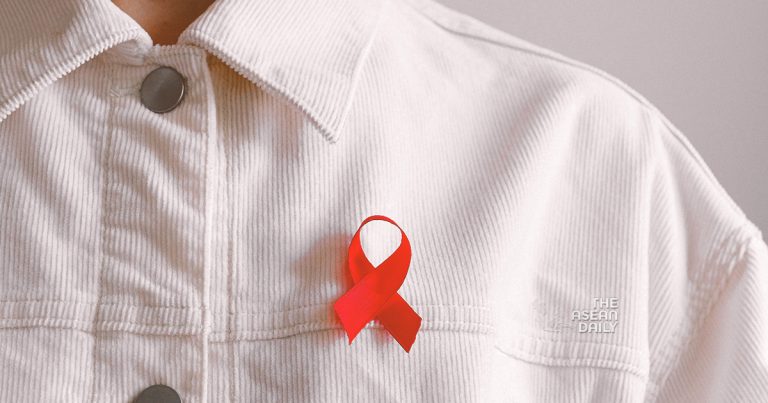16-6-2024 (BANGKOK) Thailand must accelerate efforts to eliminate stigma against young people living with HIV in healthcare settings, experts have warned. The discrimination deters them from seeking essential treatment, hindering global progress towards ending the AIDS epidemic.
At the 2nd Southeast Asian Regional Workshop on HIV-related Stigma and Discrimination held recently in Bangkok, stakeholders from civil society, the justice sector, and the media exchanged experiences addressing HIV-related discrimination.
“Social justice and human rights are fundamental to ensuring equal access to healthcare,” said Ye Yu Shwe, Strategic Information Officer at the UNAIDS Asia and the Pacific Regional Office.
While Thailand has made strides in providing healthcare to young AIDS patients aged 18 to 24, around one in four still face discrimination in medical settings, Shwe noted. This drives patients away from accessing treatments and services, a problem mirrored globally.
In Thailand, young HIV patients endure stigma not just from the general public but also within the HIV community itself, experts say.
“Pinpointing the reasons is complex, as stigma varies according to social context,” Shwe explained. “However, Thailand must address this issue, and healthcare workers need training to understand that people living with HIV are no different from other patients and should be treated with dignity and equal respect.”
Niwat Suwanphattana, UNAIDS Thailand’s Stigma and Discrimination Reduction Coordinator, said most young Thais living with HIV have experienced discrimination while using healthcare services, with young transgender women facing the harshest prejudice.
“Many assume young people contracted HIV through sexual relationships. They’re often criticized during health screenings for being sexually active at a young age,” Niwat said, denouncing such assumptions as rights violations.
Meanwhile, young patients growing up with HIV, regardless of gender identity, are chastised by healthcare providers over potentially spreading the disease to partners. Many are warned against having children, he added.
For transgender women, some wrongly assume their gender identity caused their HIV infection. These young people may develop internalized stigma, labeling themselves as “bad people.” “They would avoid treatments to evade criticism from healthcare providers,” Niwat explained.
Such self-blame can lead to diminished self-worth and impact how they live. “They will feel hopeless, especially about building relationships or families,” he said.
While Thailand has sought to combat HIV stigma in healthcare for over a decade, Niwat stressed more work is needed given the persistent cases.
The Global AIDS Strategy 2021-2026 aims to tackle inequalities, empower people living with HIV and affected communities, and get the world on track to defeat the epidemic.
Its 2025 targets include ensuring key populations know their HIV status, 95% of people living with HIV access treatment to suppress viral loads, punitive laws and policies barring healthcare access are scrapped, gender-based inequalities and violence are reduced, and integrated HIV health services are enhanced.
“Healthcare personnel in Thailand should consider these approaches, as these factors push people living with HIV away from the healthcare system,” Niwat urged. “We’re still far behind. We need to work harder to reduce stigma against people living with HIV.”
Dr. Chewanan Lertpirayasuwat, Chief of the HIV/AIDS and Sexually Transmitted Disease Division under Thailand’s Department of Disease Control, revealed Thailand has seen a surge in new HIV/AIDS infections over the past two years, with 9,000 new cases reported annually – half among adolescents.
Worryingly, she said, young patients tend to ignore doctors’ advice and fail to adhere to medication regimens regularly.
While free HIV self-test kits are available at hospitals under the universal healthcare scheme, Dr. Chewanan stressed the importance of early treatment, crucial for controlling the epidemic.
Her department plans to enhance sexually transmitted disease screening systems to deliver results within a day. However, she raised concerns that many, especially pregnant adolescents, miss appointments to receive results, risking transmission to offspring.




